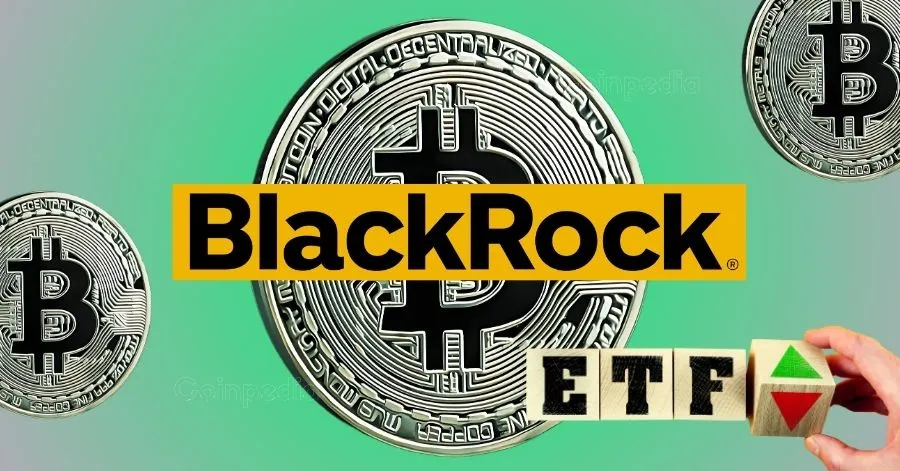BlackRock’s Bitcoin ETF Surges Past S&P 500 Fund in Profits

BlackRock’s Bitcoin ETF, called IBIT, is now making more money from trading fees than any other ETF the company offers. It’s bringing in $186 million a year, which is even more than BlackRock’s popular S&P 500 ETF (IVV), which makes $183 million. This shows how much interest there is in Bitcoin, especially through safe and regulated investment options like ETFs.
IBIT only launched earlier this year, but it was a massive success right from the start. It broke records for how fast money flowed into it, making it the most successful ETF launch in history. Even when the market slowed down a bit in May and Bitcoin’s price didn’t move much, investors kept pouring money into IBIT. It has become one of the top ways big investors get exposure to Bitcoin.
From Explosive to Stable—IBIT’s Shrinking Volatility
IBIT’s strong earnings come with a notable shift in its market behavior. Once highly volatile, the ETF now moves almost in sync with BlackRock’s S&P 500 ETF (IVV). Analyst Nate Geraci highlighted that BlackRock’s IBIT has become its top-performing ETF in terms of trading fee revenue.
A year ago, it was over five times more volatile. Analyst Eric Balchunas points out this isn’t unique to IBIT. Since spot Bitcoin ETFs were approved, Bitcoin itself has become more stable. Large institutional inflows are softening the sharp price swings that once defined the crypto market.
Concerns Over Bitcoin’s Institutional Shift
This unusual stability in Bitcoin prices has raised concerns. As IBIT takes over a larger share of Bitcoin demand, some experts fear that Bitcoin’s wild, independent price swings could be fading. Even with major events like the halving, economic uncertainty, and political pressure, Bitcoin has held steady above its ETF approval levels.
Will IBIT Keep Dominating?
BlackRock’s strong push into Bitcoin is paying off, at least financially. IBIT now leads in both investor activity and revenue generation. However, the broader impact on Bitcoin’s market character remains uncertain, as the rise of regulated institutional products continues to reshape the landscape of crypto investing.